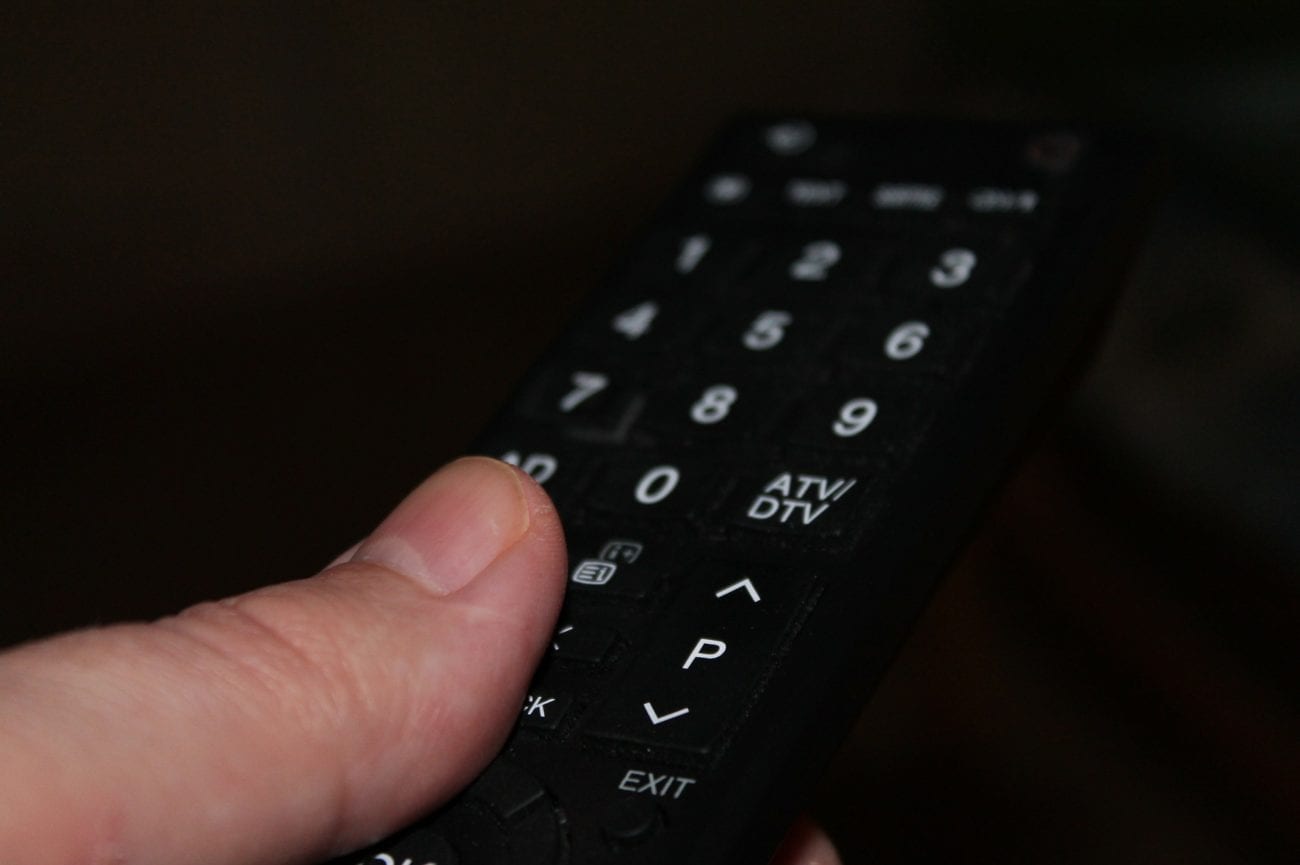Saarland regulator bans ads from two S-H-licenced operators

Landesmedienanstalt Saarland (LMS), the media and gambling watchdog for the German state of Saarland has banned two Schleswig-Holstein-licensed operators from advertising their products in the state.
The LMS did not name the operators but described them as market leading gaming businesses.
The regulator had criticised Schleswig-Holstein-licensed operators in the past for advertising online gambling products across Germany, when Schleswig-Holstein is the only state in which they can currently be offered legally.
In September 2019, then-director of the LMS Uwe Conradt accused these operators of flouting advertising restrictions by broadcasting via national channels.
With the announcement of the ban, LMS Deputy Director Dr. Jörg Ukrow echoed many of Conradt’s sentiments, arguing that the government of Schleswig-Holstein had agreed to limit operators’ advertising, yet had not taken action.
Specifically, Ukrow said that advertisement of gambling must be “proportional” to the areas in which it is legal.
“In practice, from our point of view, this limit is no longer noticeable,” Ukrow said. “TV advertising for online casinos appears around far too many programmes and even at times of day when children and adolescents are particularly vulnerable.”
Condradt’s successor Ruth Meyer said that, because of this lack of restrictions, LMS had chosen to ban these operators as they, and the “solo effort” of Schleswig-Holstein “endangered” effors to fight against gambling addiction.
Germany is set to see a new regulatory framework for gambling introduced from 1 July, 2021, in which online casino, poker and sports betting will be legal across all 16 states, but with many tight restrictions.
This fourth State Treaty on Gambling, the Glücksspielneuregulierungstaatsvertrag (GlüNeuRStV), includes a €1,000 monthly deposit limit for players across all verticals and slot stakes limited to €1 per spin. The legislation was notiifed to the European Commission in May.
This follows the Third State Treaty on Gambling, which was ratified in March 2019, though its implementation has been halted by legal challenges.
